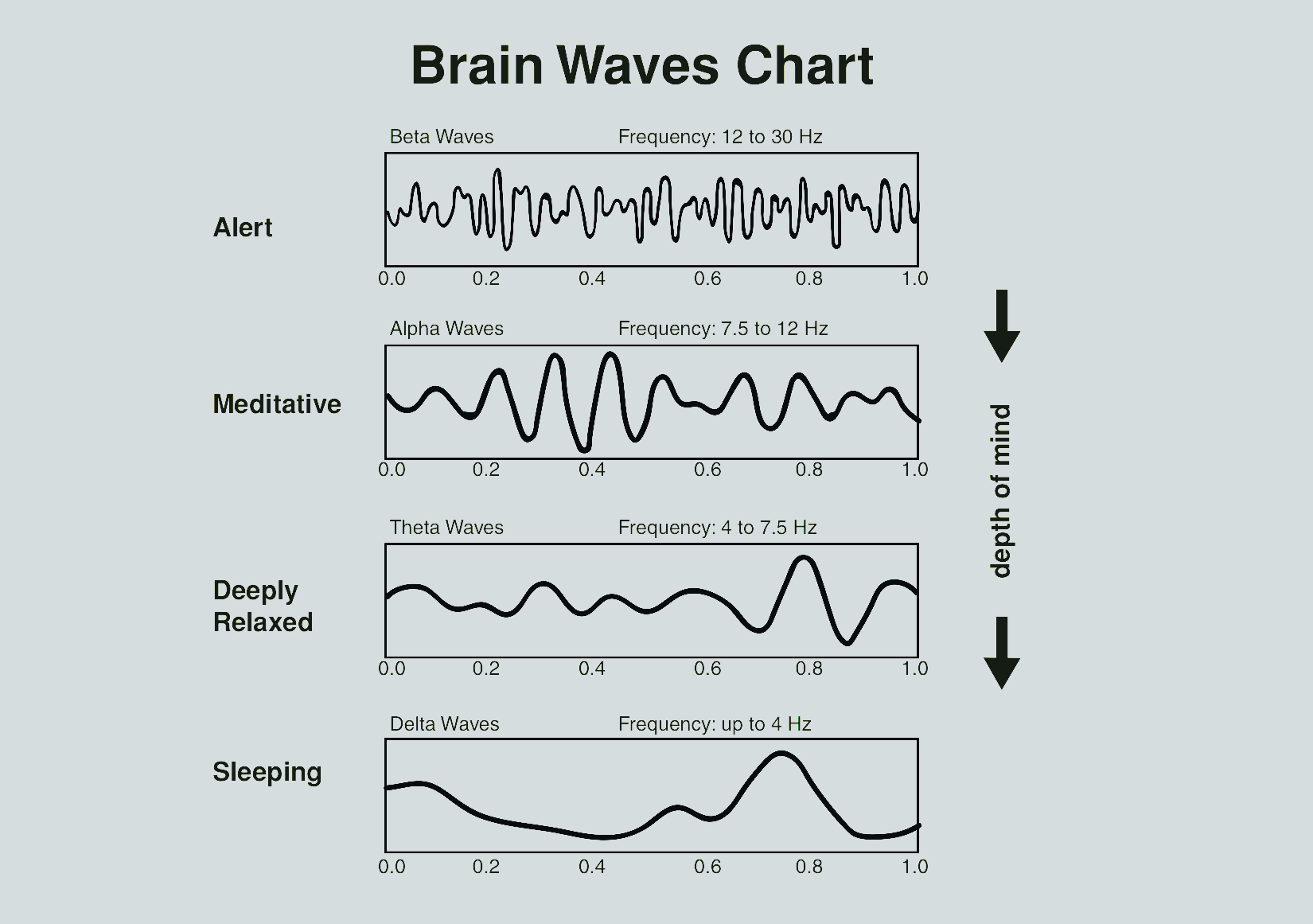Some people wonder whether neurofeedback can ever make anyone feel worse and whether it has any side effects.
Read moreWhy do we use paste on your head while some neurofeedback systems use none?
There can sometimes be resistance, especially from teenagers, to using the 'goop' (or paste) underneath the sensors with the NeurOptimal neurofeedback system. Meanwhile some cheaper neurofeedback systems (especially those that use a headband) offer paste-free alternatives. So what’s the difference?
Read moreCan neurofeedback help my overthinking and negative thoughts?
The answer to that is a definite ‘yes’!
Many of us feel overwhelmed by our negative thoughts and relentless overthinking. These thoughts have usually been conditioned by our families or by traumatic experiences at school: “I am a horrible person; I can’t do anything right; I’m so ugly”. Once others have said these words to us a few times, our brain takes over and we continue to say these things to ourselves over and over again.
Read moreWhat is the difference between neurofeedback that works through listening to music and the type where you look at a screen?
The answer to this is easy. It does not matter to the brain which type of neurofeedback you get - aural or visual - because they both work! However, there is a big difference when it comes to which type of neurofeedback is the more convenient…
Read moreDoes Neurofeedback Mess With The Brain?
People who haven't yet tried neurofeedback can sometimes get worried that it could ‘mess’ with their brain. Yet nothing could be further from the truth…
Read moreHow Do I Know If Neurofeedback Is Working?
The brain changes slowly and for neurofeedback to be safe — even for babies — the change must be gradual. So at the end of your first month’s training you may wonder what has shifted. The changes may be subtle at first; however, the more neurofeedback you have, the more…
Read moreEVERY Brain Loves Neurofeedback
Neurofeedback is not just for those with a medical condition. The whole family can benefit from training with neurofeedback. That’s because it trains your brain to become more flexible and resilient. And these days we know that a brain that is more flexible will be better able to cope with the everyday knocks and bruises of life…
Read moreOur brainwaves affect our moods. How can neurofeedback help?
When we are children, our predominant brainwave frequencies fall into the Theta range. These are a slower electrical frequencies than we experience as adults so we rarely hear young children complaining of over-thinking or a busy mind! …
Read moreAre your triggers affecting your relationships?
When we are triggered, our limbic system (the reptilian brain) is activated and we find ourselves thrown into a 'fight, flight or freeze' response. Simultaneously we lose access to our pre-frontal cortex so our ability to think logically and speak calmly is diminished. However, neurofeedback can help…
Read moreNeurOptimal® NeuroFeedback For Epilepsy
Neurofeedback can be very beneficial for epilepsy because it trains the nervous system to be calmer and more relaxed. Many of my clients have reported fewer seizures and less anxiety around impending seizures after training with neurofeedback therapy.
Read moreNeuroFeedback and Peak Performance
GENERALLY, two key conditions are met when people consistently perform at the top of their game:
They are completely focused with an alert mind
While at the same time, their body is relaxed and free of tension…
But how can we train our brain’s to relax before a big competition?
Read moreMeditation - it's not what you think!
MEDITATION is not about changing anything. I think there is a misconception out there about meditation - that it's about getting rid of thoughts and getting rid of discomfort so that we may be perfectly calm and at ease. But much of our stress and pain comes from ...
Read more

